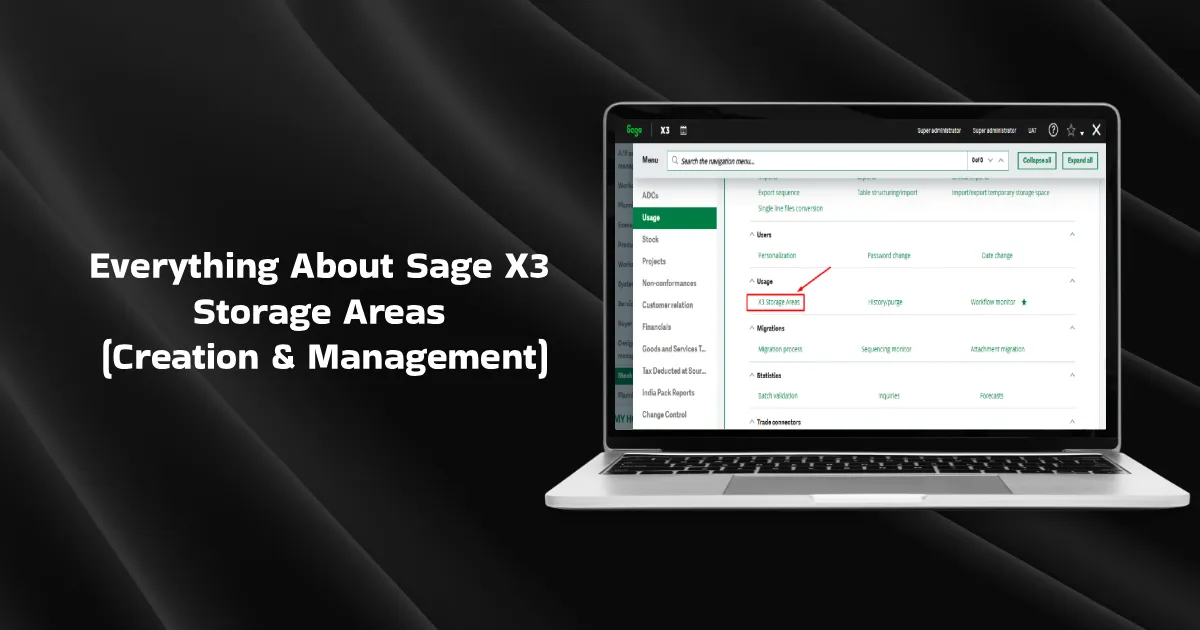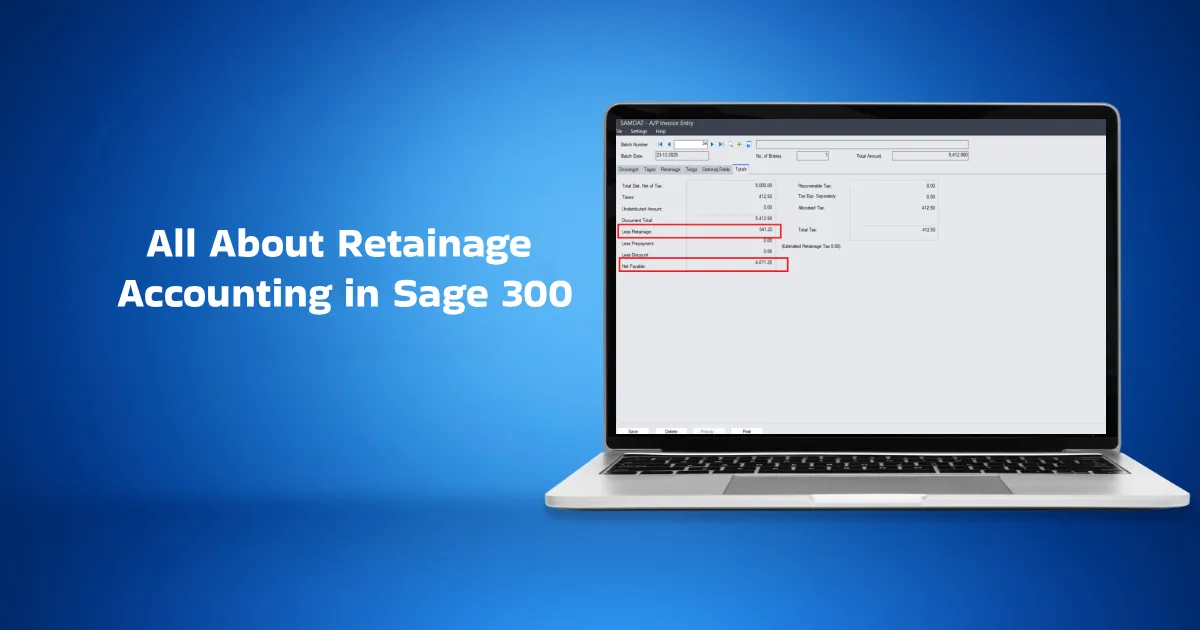Summary: There are ample benefits of moving your IT infrastructure to the cloud. For example, it collects customers’ crucial details at the click of a button and provides instant access to critical information to relevant stakeholders. Moreover, sales reps need not visit the client’s place because they can interact with the customer anywhere, anytime, and through any device. In addition, cloud systems are inexpensive compared to On-Premise systems making them ideal for companies of all sizes, especially small and medium-sized businesses. Now that Sage 300cloud, one of the best cloud ERP systems, is available on the industry-leading Microsoft Azure, it makes all the more sense to migrate to cloud infrastructure and reap the benefits.
Does a cloud IT infrastructure makes sense for me?
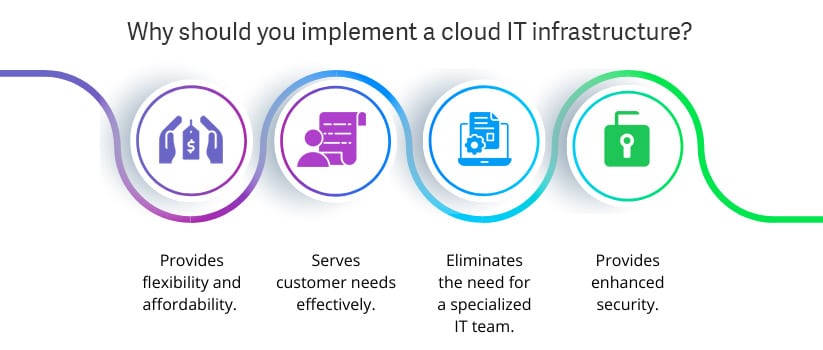
1. Flexibility and affordability
Each company grows with time, which translates to an ever-growing customer database. So, the primary question is whether you have enough storage capacity to store every minute detail — customer contact details, past purchasing patterns, past conversations, geographic, demographic, psychographic, and behavioral data. For keeping this immense pile of data, you need a significant storage capacity that on-premise systems fail to provide.
Today, cutting-edge cloud systems like Sage 300 ERP and Microsoft Azure provide extra storage capacity, thereby ensuring that your data needs are always met. The best part is that cloud-based services charge based on the amount of space you need for data. So, if your data needs are less, you also pay less. Therefore, cloud systems are scalable as they allow organizations to pay only for what they use and eliminate frivolous expenses.
2. Serve customer needs effectively
You don’t have a business if you don’t have customers. So, therefore, customers are the bloodline of your company. But it’s not as easy as it sounds!
Do you know that it’s five times more expensive to search for new clients than to retain the existing ones?
Therefore, you need to develop a sound customer support strategy to remain relevant in the industry. And this is where a cloud application helps.
Cloud systems help develop customer-oriented apps that provide a personalized experience to customers. Employees can access crucial details about any customer from anywhere in the world through any device. The other benefits include:
- Cloud systems have a repository that stores answers to common questions that customers can refer 24/7.
- Cloud systems can handle multiple client queries simultaneously.
- Cloud systems allow multiple users to take action on requests.
- Cloud systems collect real-time client details and update them instantly.
- Cloud systems have eliminated the boundaries between employees and clients by creating a conducive mobile/desktop environment.
3. Eliminates the need for a specialized IT team.
There’s no doubt that a top-notch IT team is indispensable for an organization’s success. But this statement is far from true for small and medium-sized enterprises (SMEs) that run on a shoestring budget.
SMEs need to think twice before hiring a big IT team primarily because of two reasons:
- Highly experienced IT professionals draw heavy paycheques.
- SMEs hesitate to spend on IT-related technologies. Thus, it doesn’t make a lot of sense to splurge money on hiring a robust IT team when they don’t have a lot to do.
Sage 300cloud and Microsoft Azure provide a robust platform that takes care of all IT-related needs, such as installing new applications and updating them from time to time to maintaining the servers.
You will be relieved from these responsibilities because you can transfer them to third-party vendors. Moreover, there is no need to pay a fixed amount of salary at the end of each month, which will help you lower your operational overheads.
4. Enhanced security
Cybersecurity is emerging as one of the essential attributes of secure ERP software.
Do you know that India reported about 6.07 lakh cyber security incidents in the first half of 2021?
Cloud systems like Sage 300cloud will take care of the security demands of your company. It has various features that monitor security breaches. In addition, it doesn’t allow unverified stakeholders to access the system or edit critical data. The best part is that you can set different access protocols for different teams. For example, vendors, suppliers, and distributors can only access the vendor portal and nothing else. On the other hand, the customer support team can access only client-related details. In contrast, the finance & accounting teams can view the expenses incurred over a specific duration and work on balance sheets.
Sage 300cloud and Microsoft Azure have multiple ironclad security tools that guarantee top-notch security protection for your confidential online data.
Here are 15 features of Sage 300cloud that explain why you should implement this ERP software at your workplace.
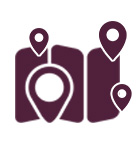
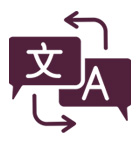

>>>Also Read: The Objective of Financial Management<<<
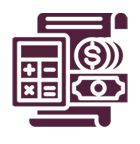

>>>Also Read: General Ledger integration with Tax Services | Sage 300cloud<<<
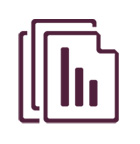
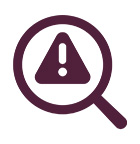
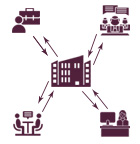
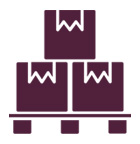
>>>Also Read: Stock transfer for serializable items<<<


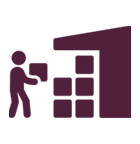
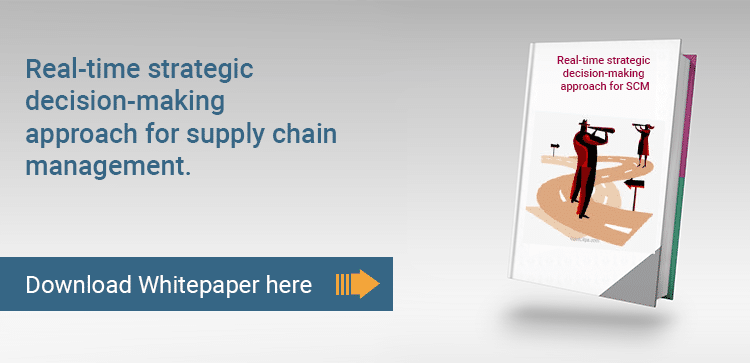

>>>Also Read: Efficient Quality Management in Sage X3<<<
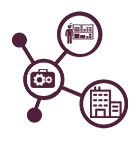

STAY UPDATED
Subscribe To Our Newsletter
At Sage Software Solutions (P) Ltd., we are home to world-class ERP software and CRM software that will solidify your business tech support fundamentals and enable you to build a customer-centric organization. You can also write to us at sales@sagesoftware.co.in.
Disclaimer: All the information, views, and opinions expressed in this blog are those of the authors and their respective web sources and in no way reflect the principles, views, or objectives of Sage Software Solutions (P) Ltd.


